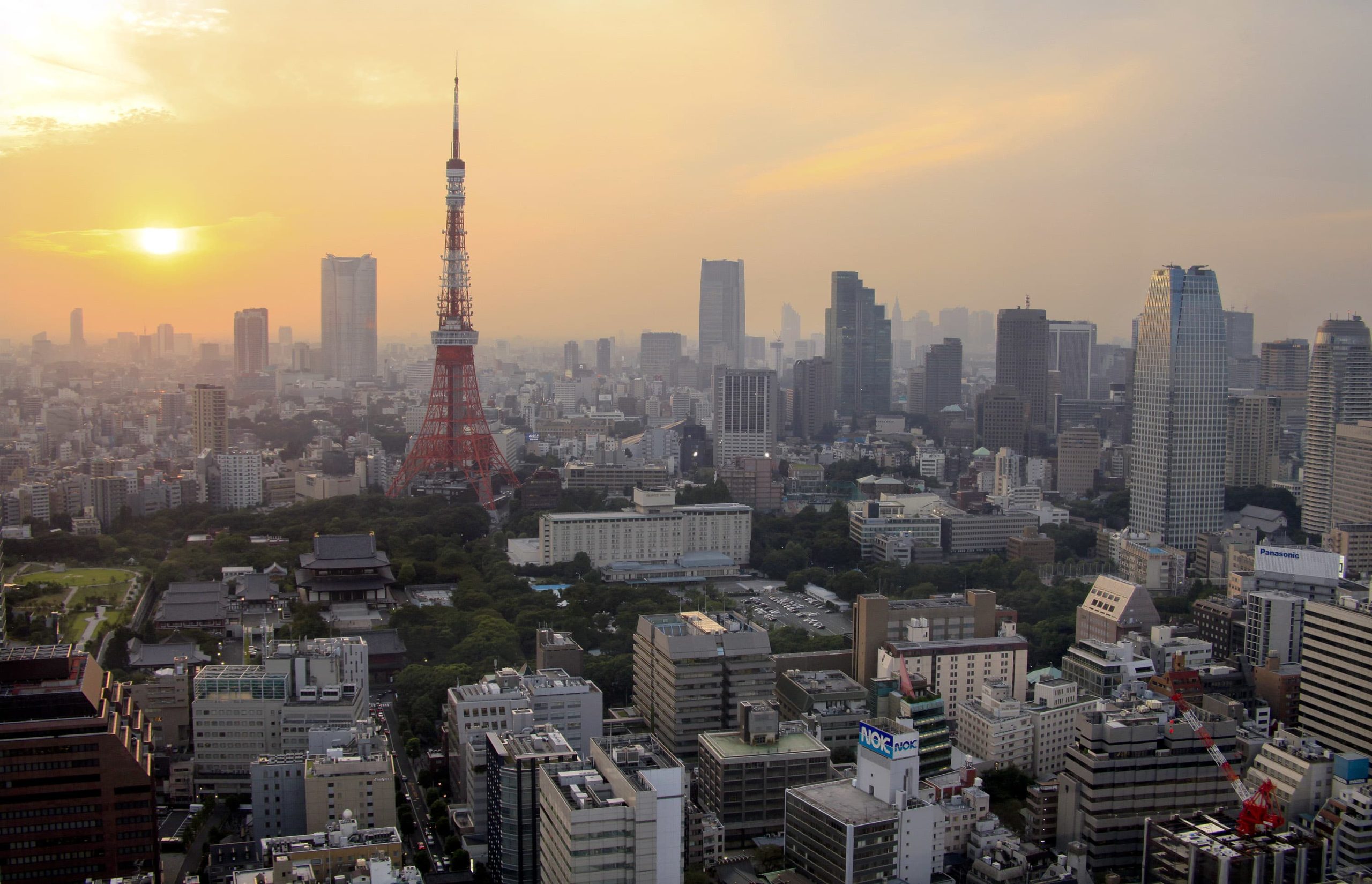Japan’s economy expanded 0.3% in the second quarter of 2025 from the previous first three months, outpacing forecasts despite tariff headwinds out of the United States.
This was compared to the revised 0.1% growth seen in the first quarter, and was higher than the 0.1% increase expected by economists polled by Reuters.
The GDP beat was mainly attributed to resilience in exports, which added 0.3 percentage points to GDP growth, compared to the 0.8% contraction in the first quarter of the year. Japan’s trade deficit narrowed from April to June compared to the first quarter, according to data from the country’s trade ministry.
On a year-over-year basis, Japan’s GDP expanded 1.2% in the second quarter, falling short of the first quarter’s 1.8% growth.
Annualized growth came in at 1%, more than double the 0.4% forecast.
The benchmark Nikkei 225yen

This comes as Japan struggled to cope with an uncertain trade environment in the second quarter, with the country only reaching a trade deal with the U.S. on July 23.
The deal sees Japan face a 15% blanket tariff on all exports to the U.S., including automobiles.
Throughout the second quarter, Japan was spared the 24% tariff that was announced on “Liberation Day,” but had to face 25% duties on its key automobile sector.
Auto exports to the U.S. are a cornerstone of Japan’s economy, making up 28.3% of all shipments in 2024, according to customs data.
Marcel Theliant, Head of Asia Pacific at Capital Economics, said in a Friday note that Japan was “shrugging off U.S. tariffs.”
However, Theliant pointed out that while the GDP rebound was “stronger than anticipated,” he expected a renewed slowdown over the coming quarters as investment spending was set to soften and exports to decline slightly.
After its July 31 meeting, the Bank of Japan upgraded its forecast for the country’s economy to grow 0.6% in its 2025 fiscal year, running from April 2025 to March 2026. This was higher than the 0.5% in its earlier April forecast.
However, the central bank also cautioned that trade and other policies globally would lead to a slowdown in overseas economies, as well as a decline in domestic corporate profits.
Senior economist Masato Koike at Sompo Institute Plus said that there is a “strong sense of stagnation” ahead for Japan, according to a Google translation of his note in Japanese.
Personal consumption is likely to continue on an upward trend as real wages recover on the back of wage increases, Koike said.
“However, if the impact of tariffs affects bonuses and wage increases in 2026, this trend will likely be short-lived.”
Koike also said that while demand for digital and labor-saving investments is strong, the decline in corporate profits due to tariffs will likely exert strong downward pressure on capital investment.
There was a possibility that Japan could enter a recession, depending on the magnitude of the impact of tariffs, Koike added.
International: Top News And Analysis
Read the full article <a href="Read More” target=”_blank”>here.


